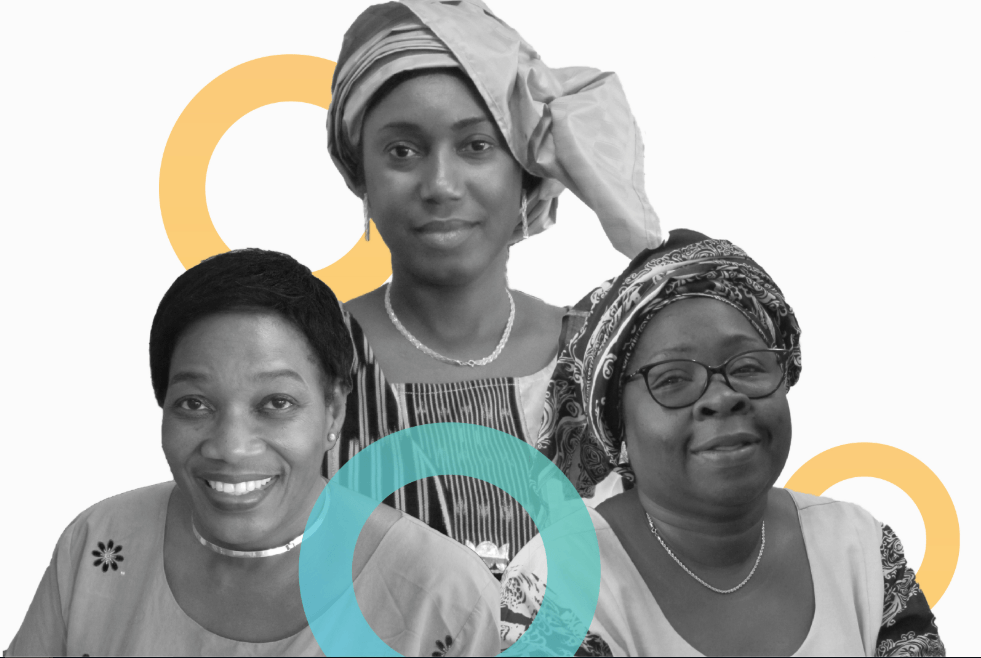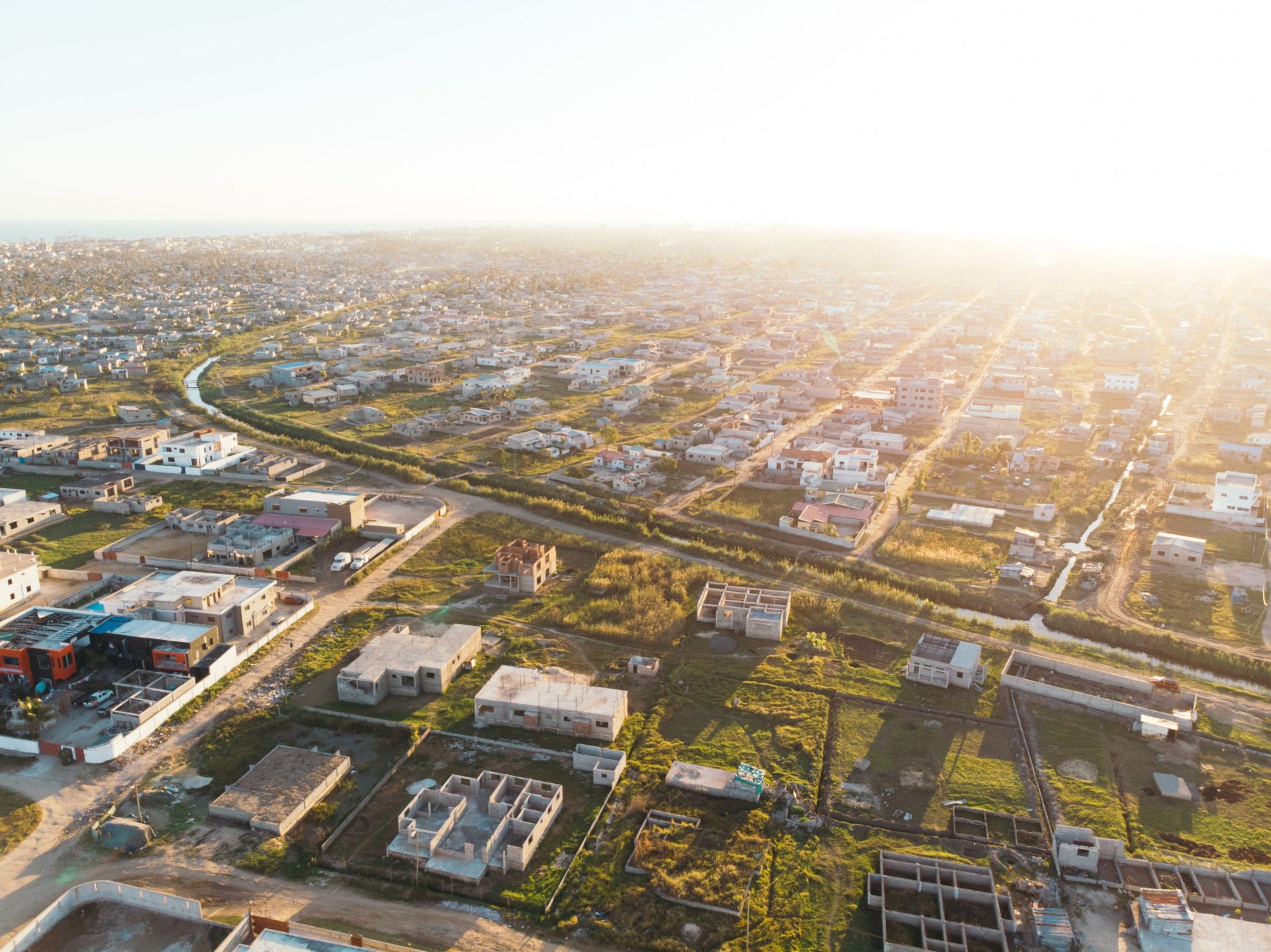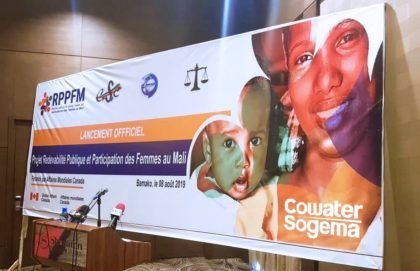
Through the Eyes of Women: Reforming Mali’s revenue system
Mali is one of the poorest countries in the world faced with a number of social and economic constraints. A reform that started in 1999 is improving public finances and allowing the Government to provide better services to its citizens. Three women working in tax and revenue in Mali talk about their experiences:
Mali, located in West Africa, is a landlocked country known for its vast desert in the North, the historical city of Timbuktu, vast gold and salt resources, and its people as diverse as they are warm-hearted. However despite this rich heritage, it is one of the poorest countries in the world. Since 1999, the Government of Mali and Cowater (on behalf of the Government of Canada) have been working together to reform public finances and increase domestic revenue, crucial to facilitating spending by the Government on social services, such as health and education. Through this collaboration, the Domestic Revenue Mobilisation Project, phase I and II (PAMORI I & II), has enabled the Directorate General of Taxation (DGI) to increase tax revenue collected from USD 208.4 million in 2001, to USD 1.5 billion by 2017 (CFA equivalent).
Overcoming challenges
At the heart of this success are the staff of the DGI, some of which have stood out: distinguished not only by their exceptional dedication to transforming their organization, but also by their own personal achievements. Public finance is typically a male-dominated world, but three women have had a particular impact on the success of the DGI and are recognised as leaders in the organisation, namely: Assanatou Bouare Sow, Head of the Organisation and Methods division, Bérou Dicko, Auditor in the Research and Audit division, and Zaliatou Diarra Coulibaly, Head of the Communications Unit. Overcoming personal challenges has made their professional success even more impressive.
Working hard(er) for recognition
Initially told that as a woman, she was not suited to a position as a senior government administrator by her manager, Zaliatou Coulibaly took charge of her career. Granted her request to transfer to the Directorate General of Taxation (DGI), Zaliatou then applied to participate in a course being run by PAMORI I to obtain a Specialised Graduate Studies (SGS) diploma. Since successfully gaining the qualification, Zaliatou has not looked back. The course enabled her ability and commitment to be recognised; eventually leading to her promotion to Assistant Director. She notes, “being a woman in this career – in any profession really – is not easy. You have to have confidence in yourself and your abilities, and the confidence to overcome stereotypes. Every day, I worked hard at developing my skills and pushed for opportunities. Eventually, my skill set developed to a point where my ability could no longer be ignored”.
Similarly, in 2001 Assanatou Sow was one of six women in a group of 25 staff participating in a SGS course in Public Sector Management and Taxation, during which her passion to succeed and progress her career was ignited. In 2006, she was appointed focal point of PAMORI I, responsible for the design and development of operational processes and procedures for the DGI. With training provided by PAMORI I & II, Assanatou played a key role in supporting the roll out of the new tax administration software – SIGTAS, and more recently, its upgrade SIGTAS 3.0. Assanatou is clear that “assuming a central role in the DGI and working closely with PAMORI gives me the respect and consideration of my peers and colleagues, both inside the DGI and externally.”
Moving beyond obstacles
Bérou Dicko participated in training offered to managers on SIGTAS in 2016. Recognising her talent and work ethic, advisors on PAMORI II selected Bérou for advanced training to become a SIGTAS ‘super user’ and trainer. Despite initial hesitation to take on such a role, her colleagues and the project team encouraged her to take up the challenge. But Bérou acknowledges that her success did not come without obstacles. When her manager refused her requests to attend training sessions, Bérou used her own annual leave to attend, while at the same time fulfilling her actual role. As she said, she was “very motivated to learn more about SIGTAS even if that caused problems.” It certainly paid off. Today Bérou is a SIGTAS 3.0. expert.
These are just three inspiring stories amongst many. Recognising the tenacity and drive of many civil servants working in developing country governments, the impact of technical assistance projects such as PAMORI (I and II) is often broader than acknowledged; these projects are facilitators of change at both an organisational and individual level. Supporting the personal development of other women in the field of public finance, Zaliatou, Assanatou and Bérou were keen to emphasise the need to drive your own success and take advantage of all opportunities; and when faced with challenges, Zaliatou stressed, “to have confidence in oneself, to overcome prejudices, and with the greatest respect for others.”
Related Content
New DFID program to support tax reform in Mozambique
Cowater International is proud to have been selected to implement a new tax reform initiative in Mozambique. This project is part of a broader technical assistance programme titled Tax and […]
Official launch of the project Public Accountability and Women’s Participation in Mali
The project Public Accountability and Women’s Participation in Mali held its official launch ceremony on Thursday, August 8, 2019 at the Sheraton Hotel in Bamako. The launch was carried out […]







